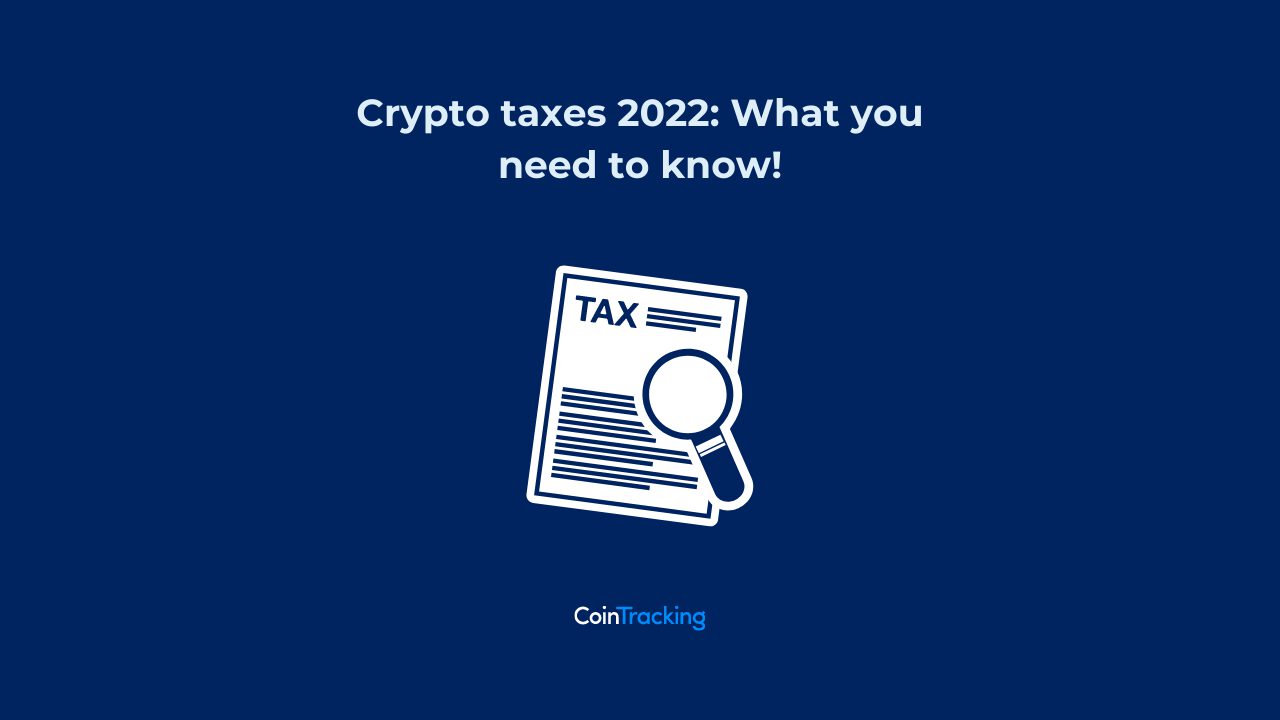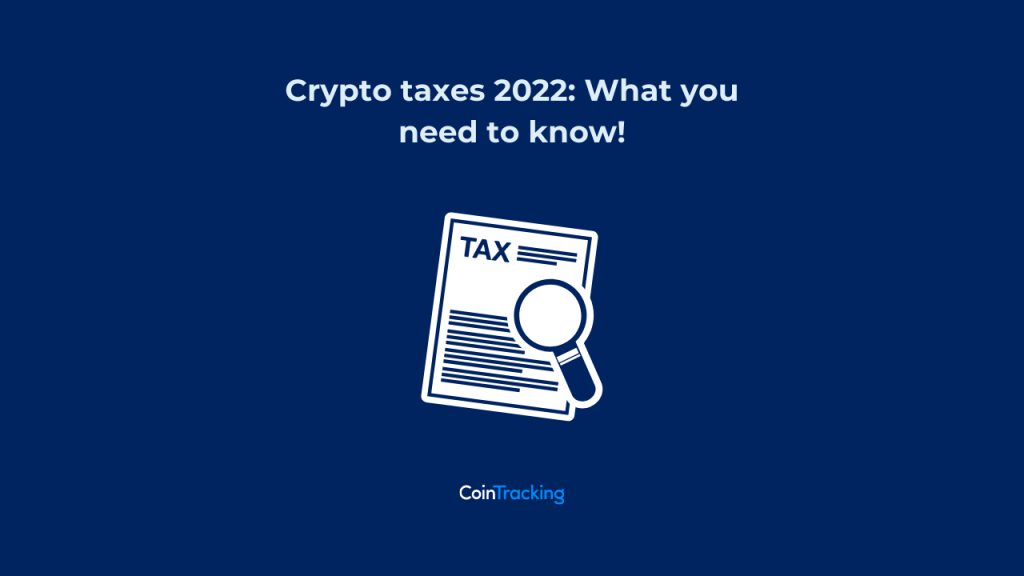
press release
PRESS RELEASE. Crypto changes quickly, with new tax laws and regulations coming to several countries in 2022, impacting how people need to report their crypto gains on taxes.
New regulations in the US are a hot discussion topic among crypto investors, with a bill coming to fruition severely increasing the reporting needs for crypto brokers and traders.
Beyond the increased regulation, new investment vehicles in crypto also spark doubts on traders on how to incorporate them into their local tax regimes.
CoinTracking is here to cover the top 5 crypto tax changes to be aware of in 2022 and onward:
- More reporting for crypto brokers with the new 1099-B requirements
The Infrastructure Investment and Jobs Act of 2021 (IIJA) of Nov. 15, 2021, requires cryptocurrency exchanges to report crypto transactions on form 1099 starting in 2023. This change requires crypto brokers to issue a tax report with all the individual trades that users conducted, including information such as sales proceeds and costs basis for each trade.
The level of complexity for crypto brokers to comply with the measure is immense and could cause a lack of reporting ability for both brokers and traders, resulting in unfair penalties.
If you have a 1099-B with wrong information from a crypto exchange, you’ll have to correct it and report the actual trades you conducted and their full information. You’ll have to search for a professional tax accountant with crypto experience to help you solve these issues.
- More crypto reporting for traders under Section 60501 of the US tax code
More reporting for crypto traders is coming with Section 60501, requiring people who receive more than $10,000 in cash and equivalents in the form of digital assets to file a report with the IRS.
There are two main challenges for traders with this expansion in Section 60501:
- The difficulty in determining the Fair Market Value (in USD) of transacted crypto and how to determine the $10,000.
- Higher burden and privacy invasion by having to provide additional details (e.g., the transfer recipient, name of the parties, social security numbers, etc.)
- DAOs and DeFi 2.0 revenue increase need for crypto tax reporting
The rise of DeFi 2.0 with rebasing protocols like OlympusDAO, Wonderland, and their forks across blockchains is giving investors more opportunities. However, earning staking rewards from these protocols increases the difficulty of reporting, since you’re receiving rewards for each rebase with different underlying Fair Market Values (in USD)
In the US, each time you receive those staking rewards, you have to recognize their Fair Market Value (in USD) as ordinary income. Fortunately, CoinTracking easily tracks your staking rewards from rebasing protocols to ensure you‘re tax compliant.
- The search for crypto-tax-friendly locations to cash out profits
As crypto regulation increases worldwide, countries with friendly regulatory frameworks for crypto investors and businesses are becoming a sought-after alternative.
If you have large unrealized gains and are looking to continue your crypto trading journey, moving to a low-tax or crypto-friendly regime may be an option.
Countries like Puerto Rico, El Salvador, Dubai, Portugal, Germany, and Singapore are some of the top crypto-friendly locations worldwide.
- Metaverse and tokenization take center stage
Experts predict that GameFi, the Metaverse, and tokenization (NFTs) will go mainstream in 2022. In the event of a bitcoin bear market, rotation from the primary digital assets to emerging categories could even boost that trend.
From a tax perspective, converting digital assets (e.g., bitcoin or ether) for tokens in virtual ecosystems (e.g., in-game digital assets, NFTs, Metaverse tokens) is a taxable event in the US.
For example, trading bitcoin for $SAND (the Sandbox game token) or trading ether for an NFT in any marketplace is a crypto-to-crypto trade, a taxable event in the US, subject to capital gains taxes.
Determining the gain on crypto-to-crypto trades is more difficult, and it increases the need for the use of crypto tax software to easily import trades, get your gains calculated according to your preferred accounting method, and submit tax reports.
Remember to consult with a tax professional with experience in crypto to overcome these challenges and keep updated records of all of your transactions with CoinTracking.
Disclaimer: All the information provided above is for informational purposes only and should not be considered as professional investment, legal, or tax advice. You should conduct your own research or consult with a professional financial advisor when investing.
This is a press release. Readers should do their own due diligence before taking any actions related to the promoted company or any of its affiliates or services. Bitcoin.com is not responsible, directly or indirectly, for any damage or loss caused or alleged to be caused by or in connection with the use of or reliance on any content, goods or services mentioned in the press release.
Image Credits: Shutterstock, Pixabay, Wiki Commons


